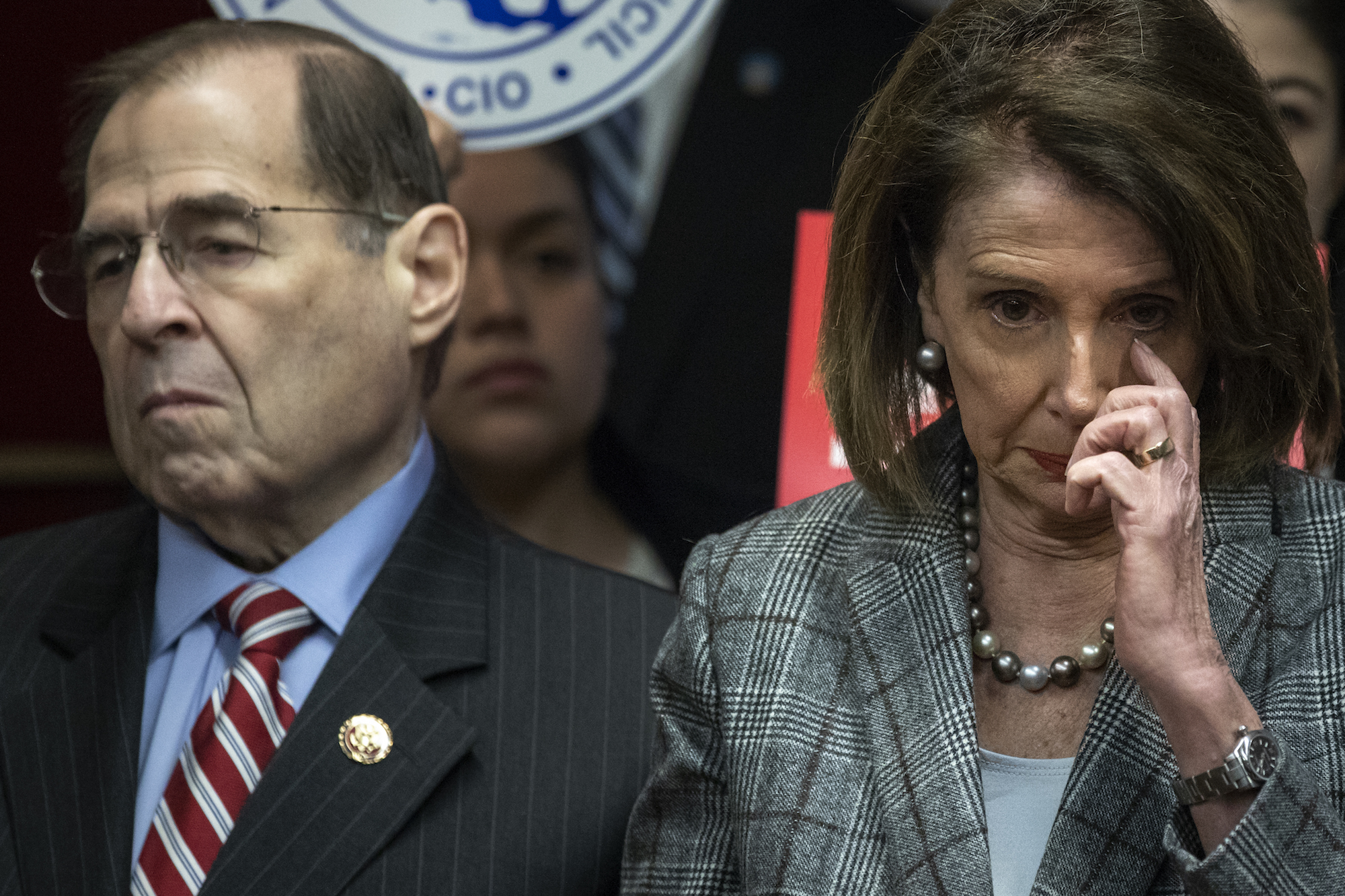
DREAMers get a path to citizenship in the House: But what about the Senate?
Last night, the House of Representatives passed legislation to give 2.5 million undocumented immigrants a path to citizenship. There were roars of celebration…
“¡Sí se puede! ¡Sí se puede!”
These were the chants of the many Dreamers in attendance last night as the House of Representatives passed the Dream and Promise Act—the 2019 version of the DREAM Act that offers a path to citizenship for 2.5 million undocumented immigrants.
It was a scene of hope depicted by every mainstream media source to cover the decision and tech leaders like Facebook CEO, Mark Zuckerberg expressed enthusiasm. But outside the House Chamber is where the hope stops. This has happened before.
The original DREAM Act was proposed to the Senate in August 2001. This first version was scratched, but since then it’s appeared in different sessions of Congress in various forms—every time passing one of two chambers before perishing in the other.
In 2010, a version of the bill passed a Democrat-dominated House, but failed in the Senate. In 2013, a similar bill passed the Senate, but failed in a Republican-dominated House. This year is no different. A Democrat-dominated House just passed the bill with a likelihood it will never be introduced in a Senate dominated by Republicans.
RELATED CONTENT
It’s a by-product of the current hyper-partisan environment that demands domination of both chambers of Congress for anything to get done. Many of the earlier forms of the DREAM Act had bipartisan co-sponsors. The original 2001 edition was introduced by Sens. Dick Durbin (D-IL) and Orrin Hatch (R-UT) and in 2010, the bill was introduced by two Republican representatives alongside five Democrats and an independent.
Leaders like U.S. Speaker of the House Nancy Pelosi (D-CA) can argue all they want about how “there should be nothing partisan or political about this legislation,” but the Dream and Promise Act of 2019 had 232 of the 235 Democratic members of the House as co-sponsors and no Republicans. The final tally had seven Republicans vote in favor of the bill, but it will do little to sway any in the Republican-dominated Senate.
Nancy Pelosi is right in saying that immigration should not be partisan. But Democrats and Republicans alike devolve into blaming one another for each others’ failures rather than realizing their collective one. Pelosi’s comment only adds fuel to the fire.
What’s lost behind all the partisan blame game is the same movement that was voicing its approval in the House chamber yesterday. A movement full of people just wanting a chance that’s been dangled in front of them for two decades.
That is the collective failure and 2.5 million people getting false hope only adds to it.










LEAVE A COMMENT: